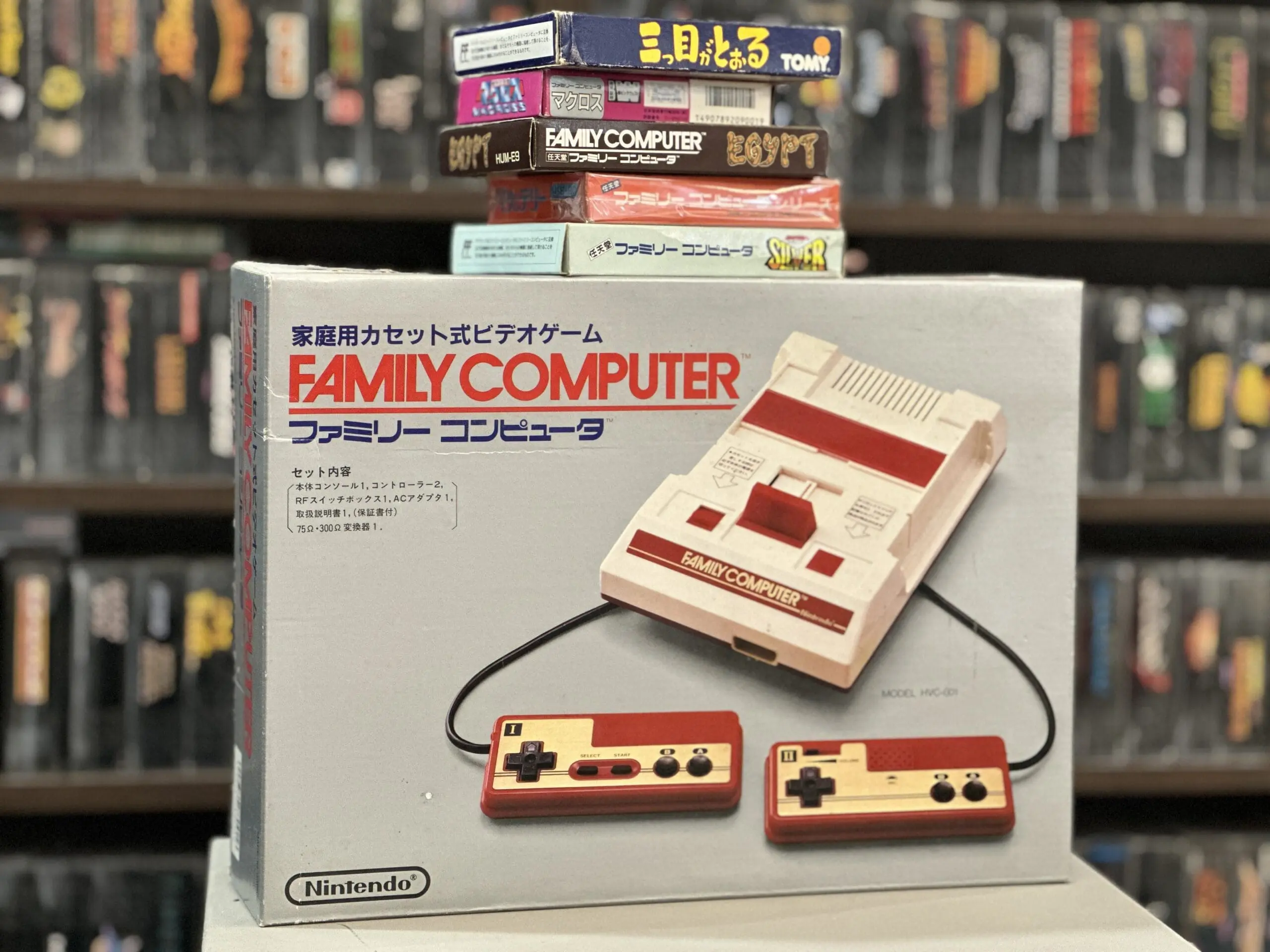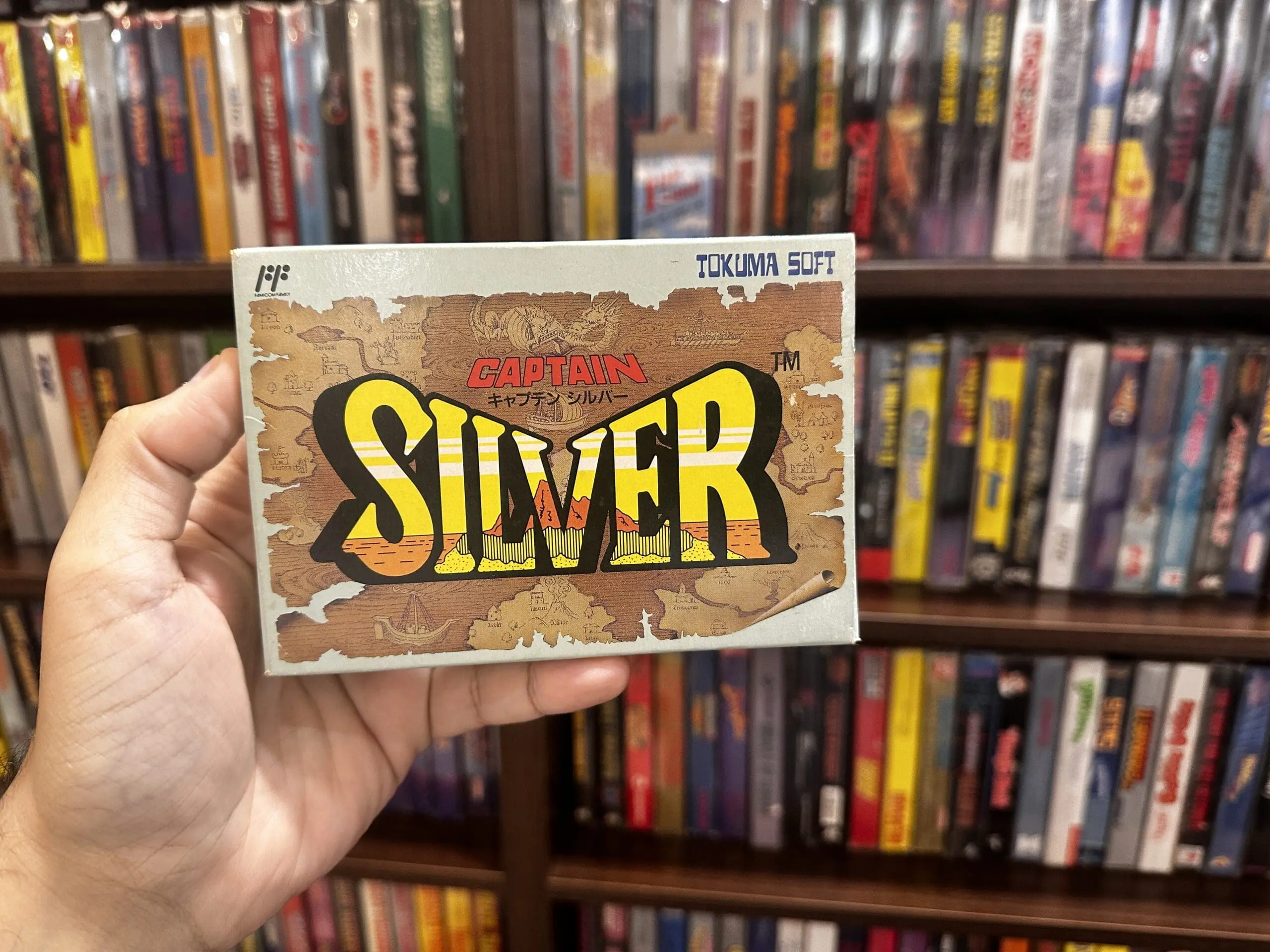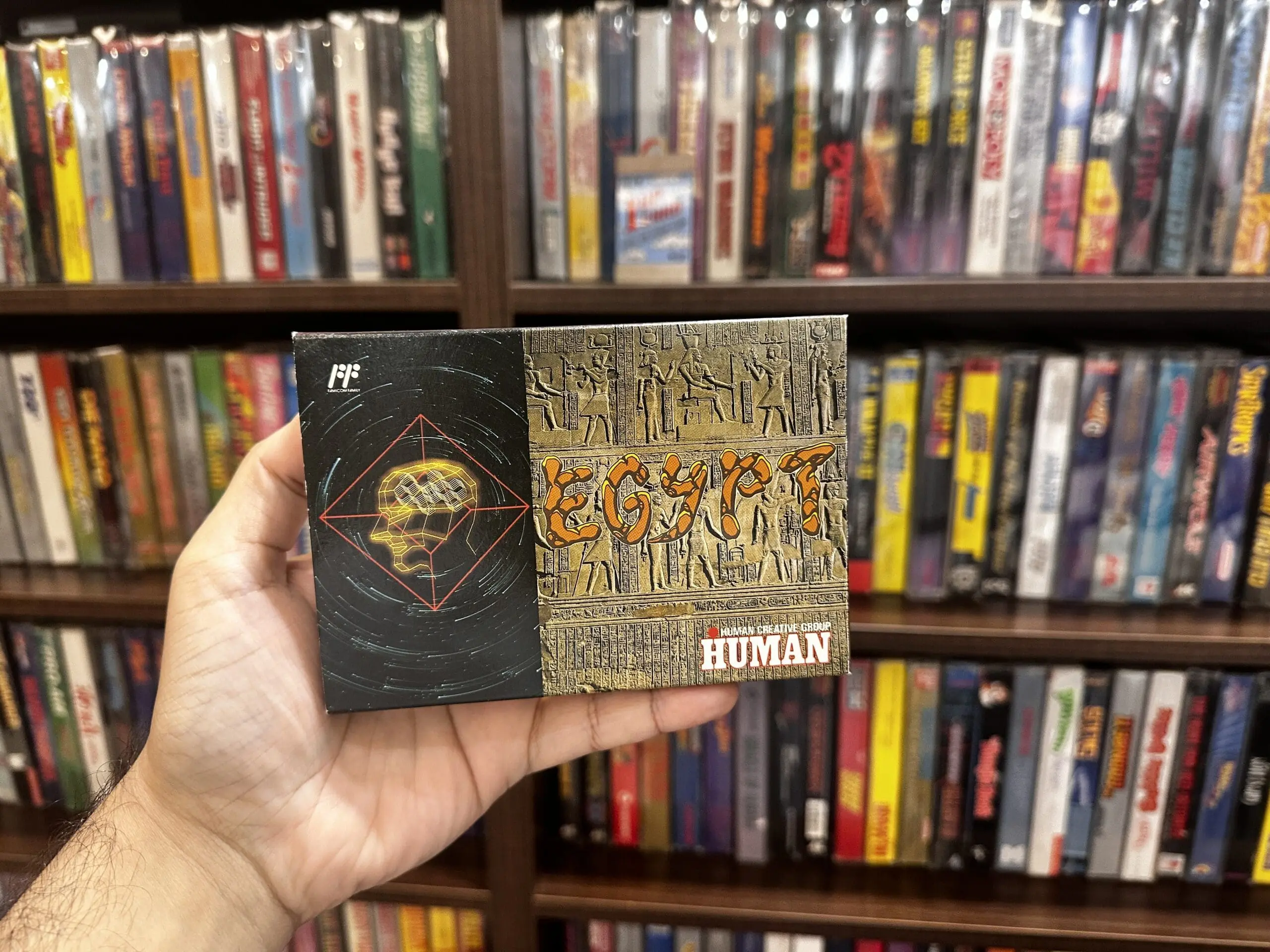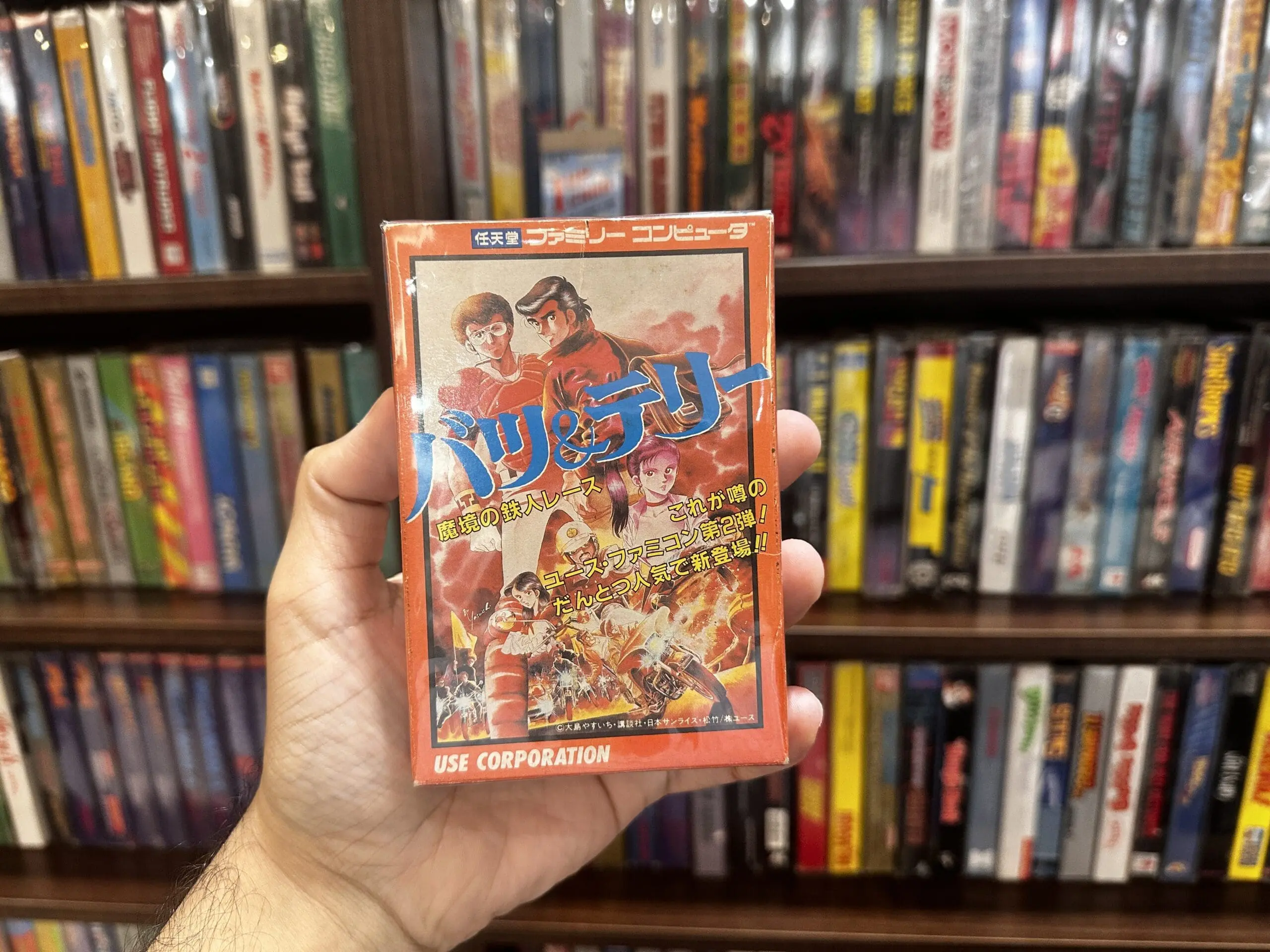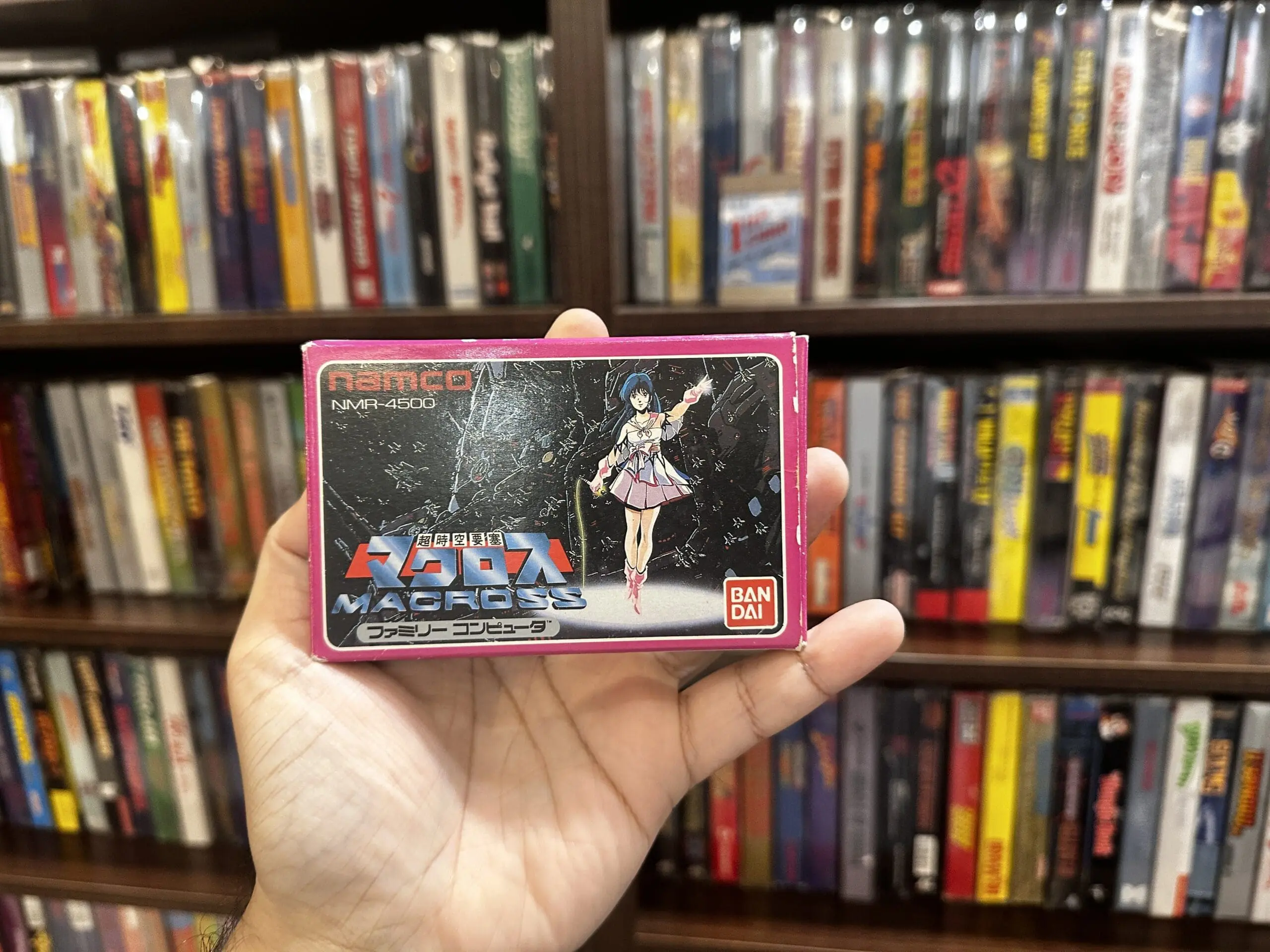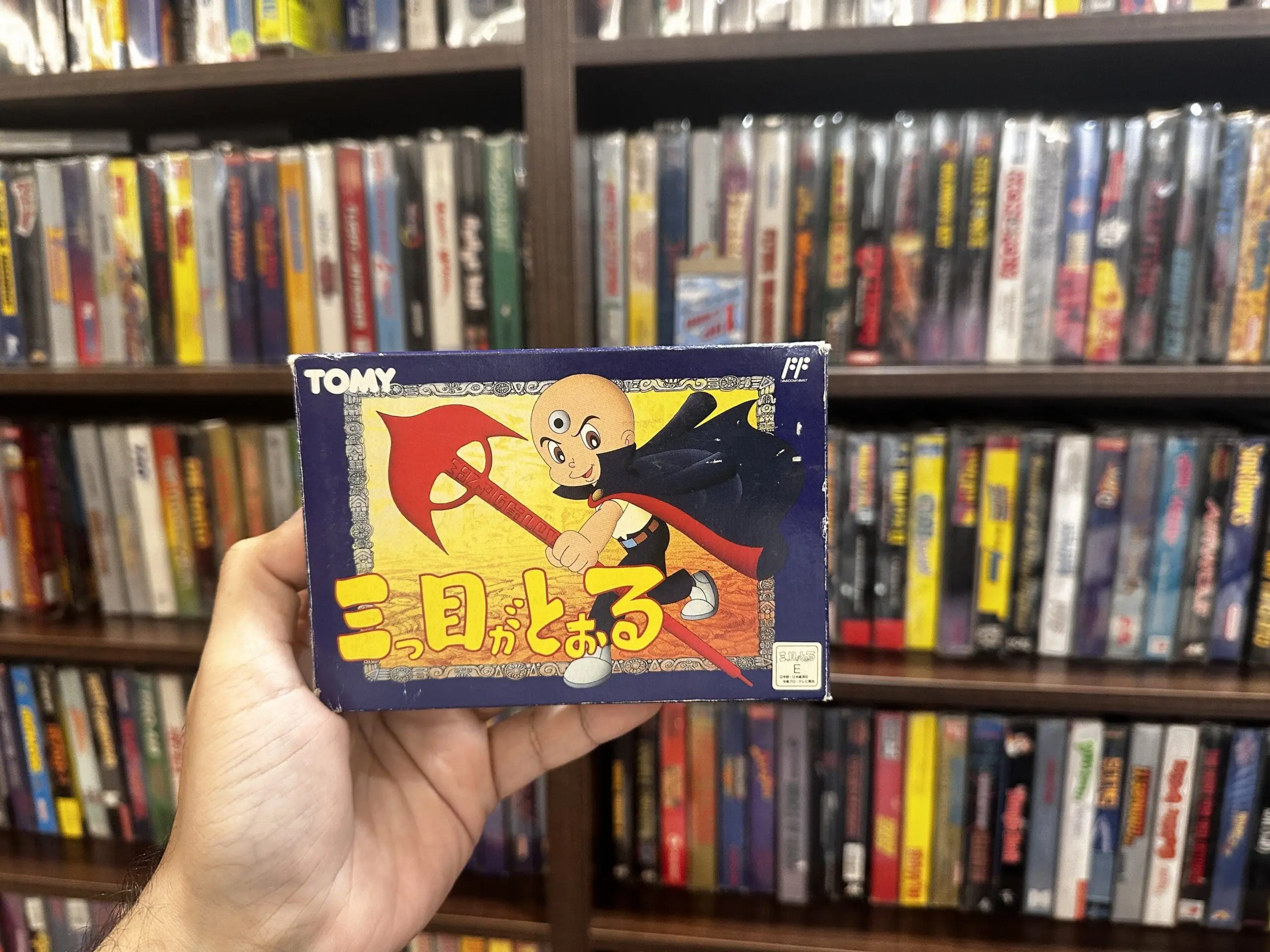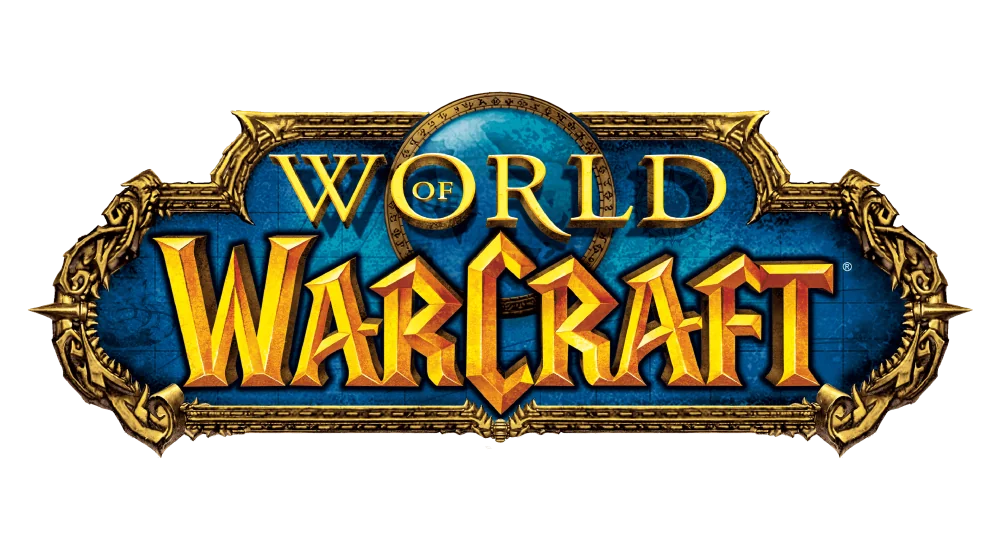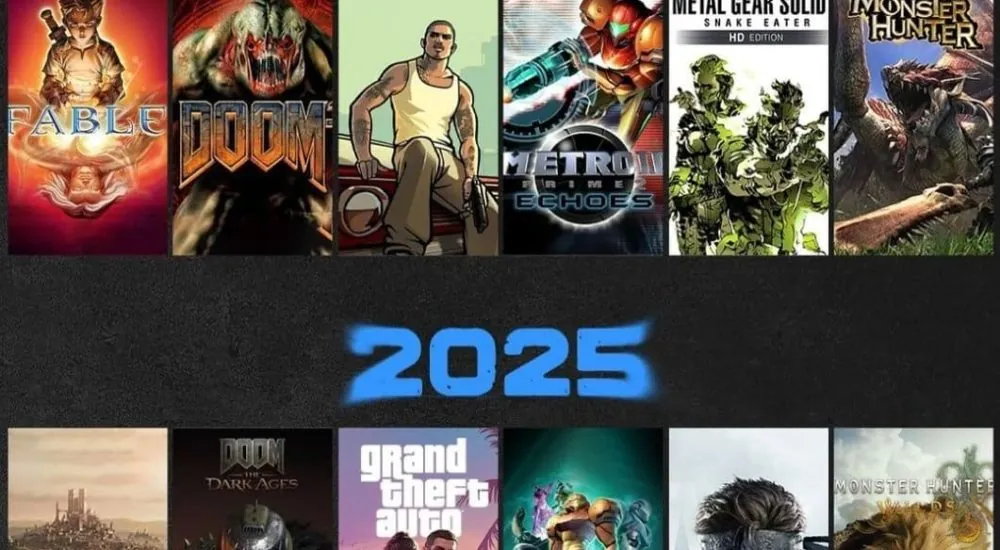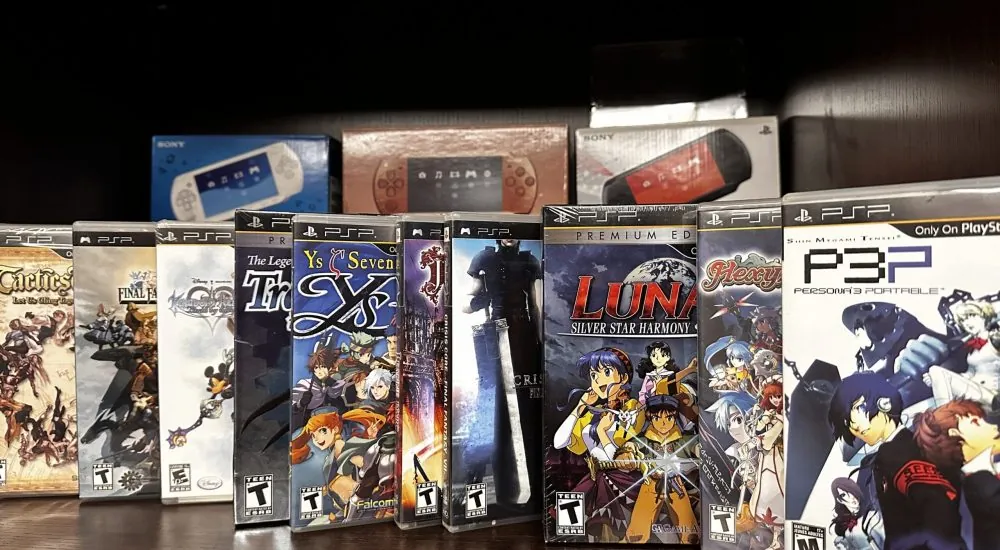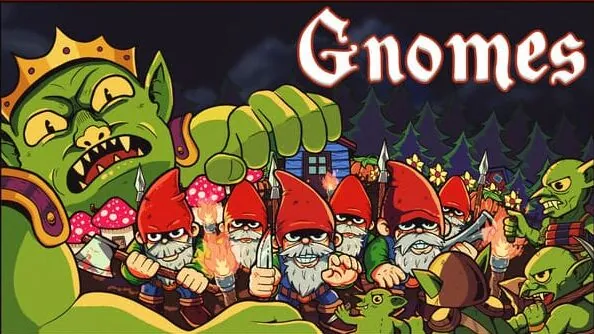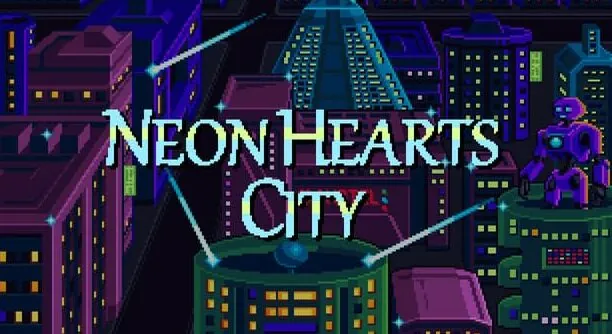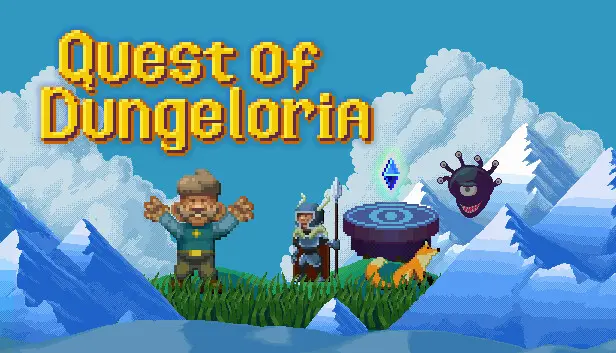Exclusive Unique Japanese titles for the classic Famicom system. Ideal for players worldwide, these games overcome language barriers with straightforward gameplay and limited text, eliminating the need for deep Japanese language skills. Look no further for thrilling quests, dynamic action, challenging puzzles, or nostalgic gaming pleasures. These Famicom gems provide direct access to Japan’s gaming heritage, showcasing creative brilliance and entertainment that goes beyond words. They provide memorable game experiences to everyone who picks up a controller and tries out a variety of games.
Captain Silver (キャプテンシルバー)
Captain Silver is a game that was originally released in arcades and later ported to the Sega Master System and Famicom systems. The Sega version had its share of problems, with awkward gameplay mechanics and flawed hit detection. The Famicom version, while longer and more expansive than the arcade game, also suffered from similar issues. The addition of a life bar made the game more forgiving, but the overall experience was marred by bad hit detection, poor level design, and lackluster animation. Despite its potential, Captain Silver fails to live up to expectations and falls short of being a satisfying pirate-themed adventure game.
Egypt (エジプト, Ejiputo)
Developed and published by Human, Egypt was released very late in the Famicom’s lifespan, almost a full year after the release of the Super Famicom in 1990. The game is a relatively unknown puzzle game in which the player must navigate through Egyptian temples to retrieve the powers of a goddess. The gameplay involves moving tiles into specific areas to progress to the next round, with puzzle pieces disappearing when connected. The game’s graphics are mediocre, and the music, while fitting with an Egyptian theme, can become tiresome with its high notes. Players can acquire items to make the game easier, but progressing through levels can be challenging and time-consuming. The game offers a password feature for saving progress. The game was not released in North America or Europe, possibly due to religious symbolism, but the exact reason remains unclear. Overall, Egypt is a playable puzzle game that requires strategic thinking and may appeal to players looking for a mental challenge rather than a casual gaming experience.
Bats & Terry ( バツ&テリー )
Bats & Terry is a manga series from Japan that centers on the exciting lives of two high school friends who excel in baseball but get involved with local biker gangs for added tension.
In 1987, this series was adapted into a film and subsequently turned into a video game by UserJoy, known as “Use” in-game. This platform game features Bats and Terry journeying through an assortment of peculiar environments, including forests, caves, and military facilities. The game is subtitled “Makyou no Tetsujin Rasu,” meaning “Ironman Race of Demon World.”
The gameplay is standard for side-scrolling platformers, utilizing one button for jumps and another for combat. Initially, players control Bats, who throws baseballs at foes, with the trajectory varying based on the directional input. If Bats sustains too much damage, control switches to Terry, who engages enemies with a close-range bat swing. Defeating foes with Terry’s bat regenerates his health, though his attack’s limited reach is a tactical drawback. Players must advance to the end of each level within a set time limit. While most adversaries are susceptible to attack, some must be dodged by leaping over or ducking under them. Despite its challenges, the game has garnered a less-than-stellar reputation, commonly referred to as “kusoge,” a tongue-in-cheek label for low-quality video games, likely due to its rushed development to profit off the manga’s popularity.
Super Dimension Fortress Macross ( 超時空要塞マクロス )
Super Dimension Fortress Macross is an action-packed shooter for the Family Computer crafted by Namco and released under the Bandai label on December 10, 1985. The gameplay offers a classic side-scrolling shooter experience. In-game, the player’s VF-1S features an energy bar that depletes gradually, with additional loss when sustaining damage from enemies or environmental hazards. Destruction of the VF-1S occurs when this energy bar empties, and play resumes from the stage’s start or a checkpoint. Players can switch between Fighter, Gerwalk, and Battroid modes on the fly. Each form influences the screen’s scrolling velocity and the rate of gunfire, providing diverse tactical choices and firing styles. Players have unlimited gun pod ammunition, plus an initial allocation of two missile volleys, which can be deployed in a full spread using the Select button. The game’s recurring sequence begins with the VF-1S soaring through space, engaging Zentradi forces such as Regults and Nousjadeul-Gers, before a Thuverl-Salan-class vessel emerges. The player must break into the vessel and obliterate its core within a minimum thirty-second window. Success leads to bonus points by adding leftover time and power to the total score. With each repetition, the game’s difficulty escalates: adversaries increase in speed and numbers, new obstacles emerge, and the distance to infiltrate the next Zentradi ship extends. Correspondingly, the time limit for ship infiltration also lengthens periodically. The game concludes when all VF-1S units are exhausted.
Mitsume ga Tōru (三つ目がとおる, “The Three-Eyed One”)
Osamu Tezuka, known as the father of manga and a key figure in the development of anime, has inspired several video games based on his works. One such game is Mitsume ga Tooru for the Famicom, a Japan-only release. The game is based on an anime adaptation of the manga of the same name, following the story of Hosuke Sharaku, a magical warlock with a third eye who can switch between being a normal kid and a powerful being. The game captures the late 80s and early 90s anime trends with its colorful and expressive visuals. Hosuke controls similar to Mega Man, with the addition of a spear that can be used as a platform. The game features various areas with unique challenges and bosses, each requiring different strategies to defeat. While Mitsume ga Tooru never saw a release outside Japan, Hosuke has appeared in other games such as Sega’s Astro Boy titles. Despite its limited release, Mitsume ga Tooru remains a cult classic among retro gaming fans and deserves wider recognition.
Conclusion
These Japanese exclusive Famicom games exemplify gaming’s universal language: fun and challenge. For gamers seeking to tap into a treasure trove of classic titles, Captain Silver, Egypt, Bats & Terry, and Super Dimension Fortress Macross serve as portals to an era teeming with creativity and spirited innovation. Each game, with its unique quirks and playstyles, is proof that you don’t need to be fluent in Japanese to enjoy the depth of Japan’s video game heritage. Whether you’re a veteran pixel pusher or new to the retro scene, these English-friendly adventures are ready to forge lasting gaming memories. So grab your controller and dive into these overlooked classics to experience firsthand the simplicity, joy, and nostalgia that have bridged cultures and overcome language barriers. Let the games begin!

